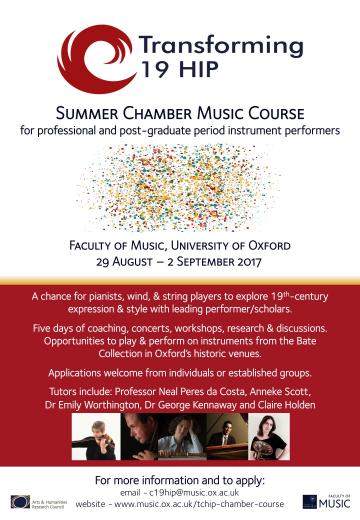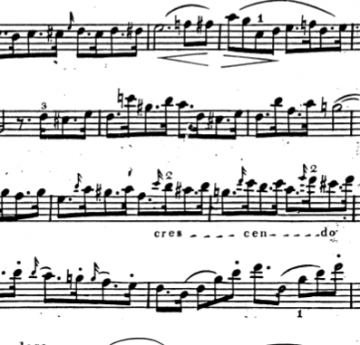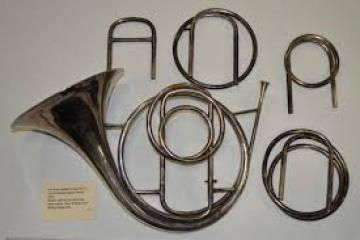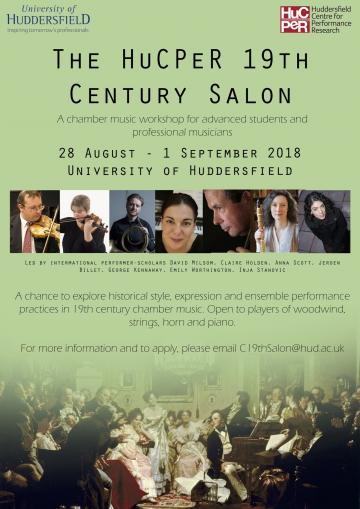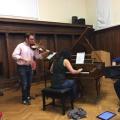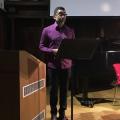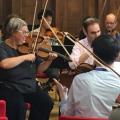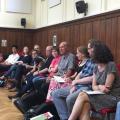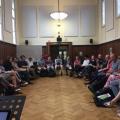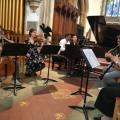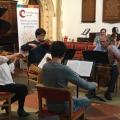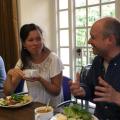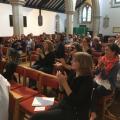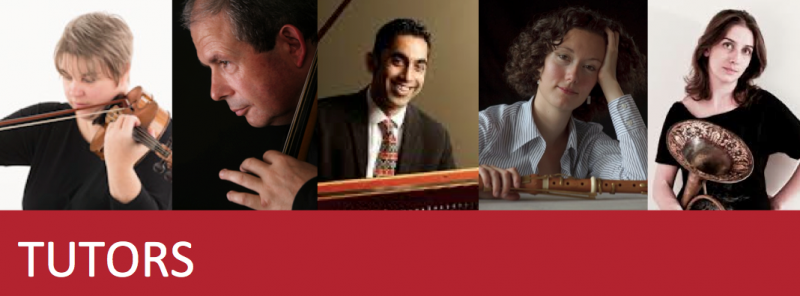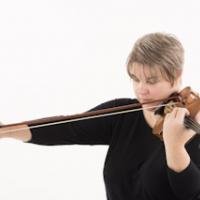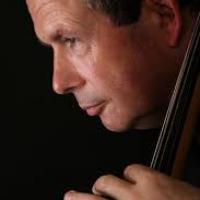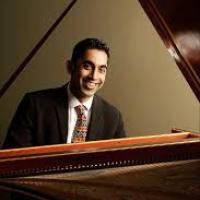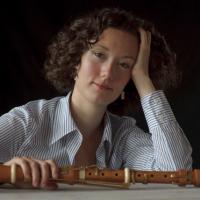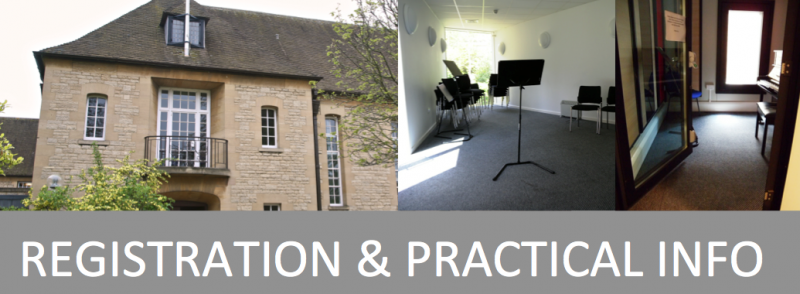The course will be open to both individuals and existing ensembles, and will be open to string players, pianists, and wind players (including horn). At least two pianos, an 1830s Streicher with an Anglo-Viennese action, and a late 19th-century French piano by Erard will be available.
Transforming C19 HIP is particularly concerned with research into the pre-performance practices (rehearsal, preparation, planning, working with scores and parts) of the 19th Century. Each ensemble will rehearse two works – one from early in the century and one from later; and one of these works will be non-canonic (less well known), so that participants can gain a broader understanding of the aesthetic context. Wherever appropriate, the course will provide 19th-century early printed editions or high quality copies of library holdings, and participants will explore rehearsal practices of the period (e.g. not using scores for early 19th-century repertoire, approaches to annotating (marking) parts, approaches to personal interaction within ensembles). These rehearsal practices can be interesting because they allow players to listen, relate and respond in ways that differ from contemporary rehearsal techniques.
The Oxford Faculty of Music is home to the Bate Collection of Musical Instruments http://www.bate.ox.ac.uk and participants will have the opportunity to explore this unique collection of historical instruments with curator, Andy Lamb. It will be possible for participants to play—and perhaps even perform on—instruments from the collection.
The course will provide a supportive environment for participants to work with leading performer/scholars in an unusual and challenging way, and to embrace an aesthetic, techniques, and expression that they may not be familiar with from training, or professional experience.
For more information please contact c19hip@music.ox.ac.uk


